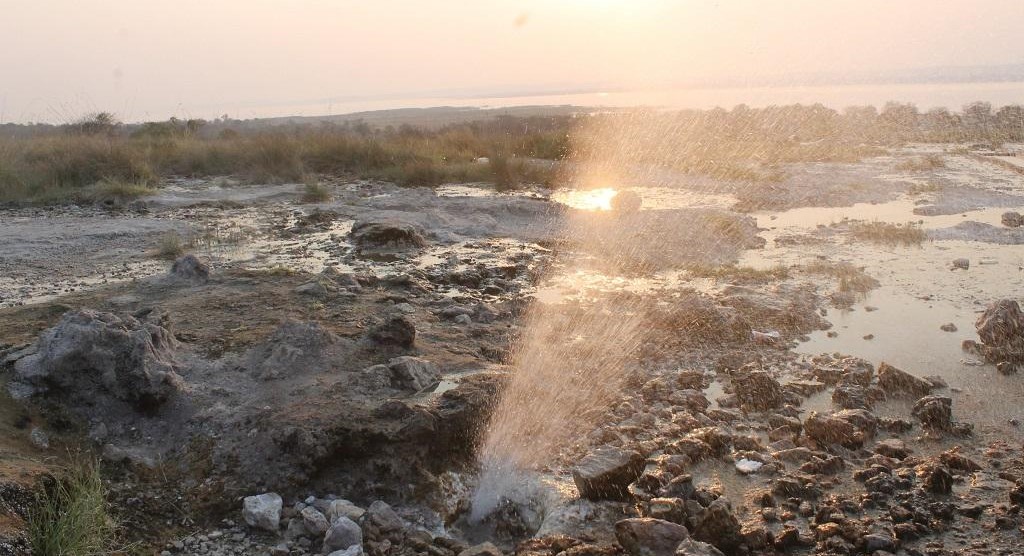(3 minutes read)
Zimbabwe is set to construct its first utility-scale geothermal energy Independent Power Producer (IPP) to significantly reduce greenhouse gas emissions within the country. This landmark initiative forms a part of the Green Resilient Recovery Rapid Readiness (GRRRR) and Geothermal Energy Development Project and is bolstered by the support of the Green Climate Fund. The goal? To significantly reduce greenhouse gas emissions within the country.
The proposed geothermal project represents a beacon for the country’s future. With a capacity of 10MW, the plant will be situated at the Chimbwatata Hot Springs. The facility will utilize binary cycle geothermal technology, a cutting-edge method for harnessing geothermal energy that minimizes environmental impact and potentially allows for waste heat utilization.
Zimbabwe’s move towards geothermal energy is not just a proactive step towards environmental responsibility; it’s a necessary response to a pressing energy crisis. The country’s energy sector, which currently derives 71% of its power from renewable sources, primarily hydropower, is under threat. Declining water levels in Lake Kariba have had a severe impact on the Kariba South hydroelectric power station, highlighting the precarious nature of Zimbabwe’s reliance on hydropower.
Read Also:
https://trendsnafrica.com/reykjavik-geothermal-to-bring-volcanic-energy-to-ethiopia/
https://trendsnafrica.com/kenya-draws-over-70-of-its-energy-requirements-from-renewable-sources/
https://trendsnafrica.com/35-mwe-geothermal-plant-connects-to-kenyas-national-grid/
Despite contributing a mere 0.03% to global greenhouse emissions, Zimbabwe ranks among the top 10 nations most affected by climate change. The country is therefore taking decisive action, exploring a variety of alternative energy sources such as wind, methane gas, nuclear, and biofuels. This not only diversifies Zimbabwe’s energy mix but also introduces resilience against future climate change impacts. Joint ventures and international private capital are recognized as key contributors to the success of these initiatives.





